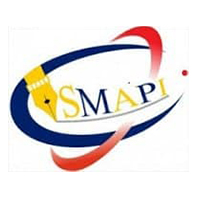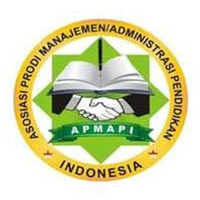MEMELIHARA KEPUASAN KERJA KARYAWAN MELALUI KONSEP MANAJEMEN SUMBER DAYA MANUSIA DALAM MEMPERTAHANKAN LOYALITAS KARYAWAN
Abstract
Job satisfaction is an emotional or affective response toward all job aspects. This definition shows that job satisfaction is not a concept which only has one dimension. Someone may be satisfied with a particular job aspect but may not be satisfied with another or other job aspects. There are five general models of job satisfaction which have something to do with the following reasons: (1) needs fulfillment, job satisfaction is determined by the character of the jobs which enables individuals to fulfill their needs, (2) inexpediency, satisfaction is how far someone can accept something they expect from the jobs, (3) values achievement, jobs enable the fulfillment of important job values, (4) justice, satisfaction is defined as how fare individuals are treated in the working place, and (5) genetic or character component which is based on the belief that job satisfaction is a partial function of someone's character and genetic factors. In the global era, a trend has appeared in the working place which may become an obstacle to develop human resources. Those trends are: (1) the emergence of new job fields, (2) the movement of the loyal definition toward the profession, (3) the decrease of the baby boomers generation due to retirement which opens a big opportunity to young generation, and (4) the borderless world view of the talented people.
Key words: job satisfaction, human resources development, and employees' loyalty.
Downloads
Published
How to Cite
Issue
Section
License
Authors who publish with this journal agree to the following terms:
- The copyright of the accepted for publication articles shall be assigned to Jurnal Manajemen Pendidikan (JuMP) as the publisher of the journal. The intended copyright includes the rights to publish articles in various forms (including reprints).
- Jurnal Manajemen Pendidikan (JuMP) maintain the publishing rights of the published articles.
- Authors are permitted to republish or disseminate published articles by sharing the link/DOI of the article at Jurnal Manajemen Pendidikan (JuMP). Authors are allowed to use their articles for any legal purposes deemed necessary without written permission from Jurnal Manajemen Pendidikan (JuMP) with an acknowledgment of initial publication to this journal.











